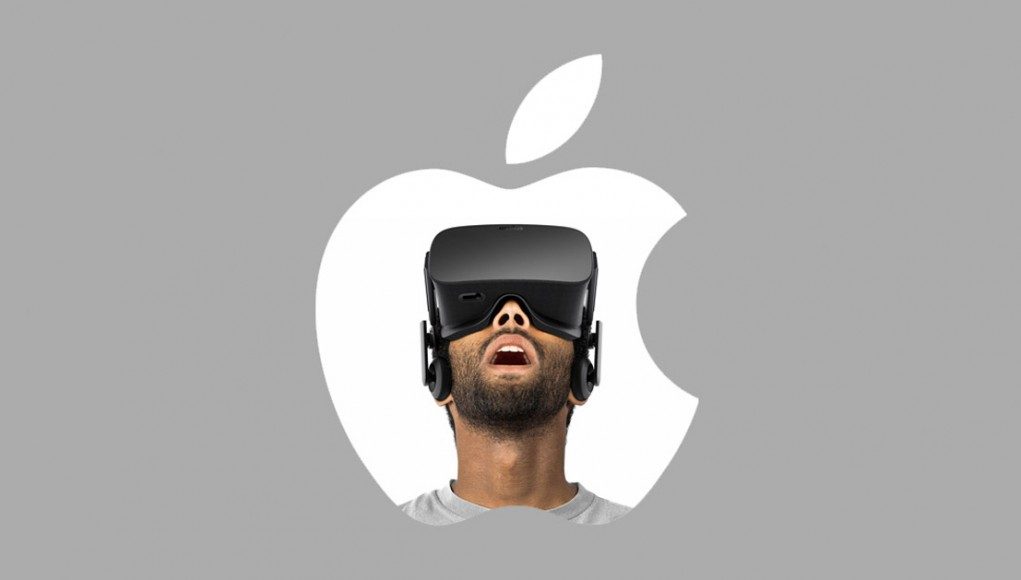While Oculus had once supported the Rift on both Mac OSX and Linux with early builds of their SDK, it was back in early 2015 that they indefinitely “paused” support for those platforms. Now Oculus founder Palmer Luckey says that whether or not the Rift supports Mac is “up to Apple” and the performance of the computers they decide to release.

Speaking to Shacknews during a recent Microsoft event, Oculus founder Palmer Luckey said support for the Rift on Mac OSX was a matter of Apple releasing a computer that could handle the performance demanded by the Rift.
“If they ever release a good computer we will [support Mac OSX],” Luckey said. He elaborated, saying that even Apple’s top-end desktop system doesn’t meet the hardware specification set by Oculus for Rift support.
“It just boils down to the fact that Apple doesn’t prioritize high-end GPUs. You can buy a $6,000 Mac Pro with the top-of-the-line AMD FirePro D700 and it still doesn’t match our recommended spec. If they prioritize higher-end GPUs like they used to for a while back in the day… we’d love to support Mac. But right now there’s just not a single machine out there [from Apple] that supports it. So even if we can support on the software side, there’s just no audience of [Mac users] that can run the vast majority of [VR] software out there.”
Luckey is of course speaking of the ‘Oculus Recommended Specification’, which asks for a minimum of Nvidia GTX 970 / AMD R9 290 GPU (or equivalent), an Intel i5-4590 CPU (or equivalent), 8GB of RAM, along with 3x USB 3.0 ports and 1x USB 2.0 port. Oculus set this bar to allow developers to target a known hardware configuration that’s capable of providing consistent rendering performance in the face of the considerable demands of the Rift (90 FPS in 3D at 2160×1200). The company is working with certain computer partners to certify systems as ‘Oculus Ready PCs’ which meet these specifications while staying under a $1,000 price tag.
See Also: Apple’s Latest VR Hire is Top Researcher Doug Bowman
Oculus had supported Mac and Linux intermittently with their SDK throughout the years, but officially “paused” support for those operating systems back in 2015. Oculus has since formed a partnership with Microsoft for purported plug-and-play support for the Rift in Windows 10, as well as Xbox One game streaming in VR.







